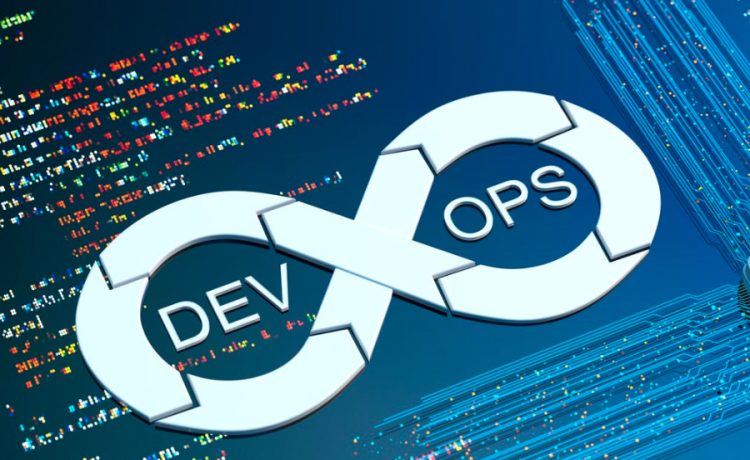Platform engineering helps consolidate administrative duties associated with keeping the company’s internal infrastructure running smoothly. In the last three years, 51{031291102d741aaf28c78402600310b7d94daec2407e4502014144de9b71607a} of companies have used platform engineering, according the 2023 State of DevOps Report. In addition, 93 percent of those who were polled considered this an improvement. Furthermore, this academic field is continually evolving.
A gathering place for the platform engineering
It’s worth noting that Lynch thinks a lot of IT departments use platform engineering now, whether they know it or not. They may just need a little more time to smooth things out. What follows is an explanation of platform engineering and its relationship to DevOps, followed by a discussion of key best practises to keep in mind while introducing (or reintroducing) a platform engineering strategy inside your business.
Where things stand in terms of platform engineering and development operations
So, where do platform engineering and DevOps stand right now? Despite the sensationalist headlines to the contrary, Lynch believes that the phrase “DevOps” is dying out. Instead, platform engineering is a boon to overworked programmers since it came along when operations and programmers seemed to be at an impasse.
Lynch argues that “DevOps” is more of a philosophy than a specific occupation. Too much responsibility has been placed on developers, she says, despite the fact that they must have input into the DevOps toolchain they use. For instance, it might take a lot of effort to research the market, talk to various vendors, and try out various technologies.
Teams specialising in platform engineering may help narrow down options by creating tried and true patterns and administration tools. Meanwhile, they’re busy behind the scenes making sure the platform can maintain itself and is always up to date. Due to the nature of this collaboration, it is important to collect feedback often to ensure that the platform teams are really helping to facilitate development processes rather than standing in the way.
Standardisation of Platform Engineering Best Practises
So, what are some of the greatest procedures that businesses may use inside their own proprietary DevOps environments? Lynch made a number of recommendations to the platform engineering teams on how they may improve their methods. If these rules are adhered to, a company’s usage of a platform to implement DevOps concepts may be more successful.
Be receptive to the suggestions of the programmers. As was previously said, platform development and engineering should collaborate. To improve the developer experience and ensure the right DevOps tools are acquired, platform engineers should make developer feedback a top priority.
The world cannot be run by one person. Therefore, some leeway must be allowed; you do not want to mandate the uniform acceptance of all devices. The number of sprawling structures and unauthorised equipment should be minimised, though. Therefore, it is crucial that the platform’s development team find a happy medium and inspire trust.
Conclusion
Think of the platform itself as the end result. Your engineers are your clients when it comes to the internal distribution of tools. Therefore, the platform should be treated as if it were a standalone product. This entails sharing roadmaps and asking for feedback from relevant parties. If the platform team doesn’t do everything it can to win over its internal customers, those customers may go elsewhere, perhaps resulting in shadow IT.






